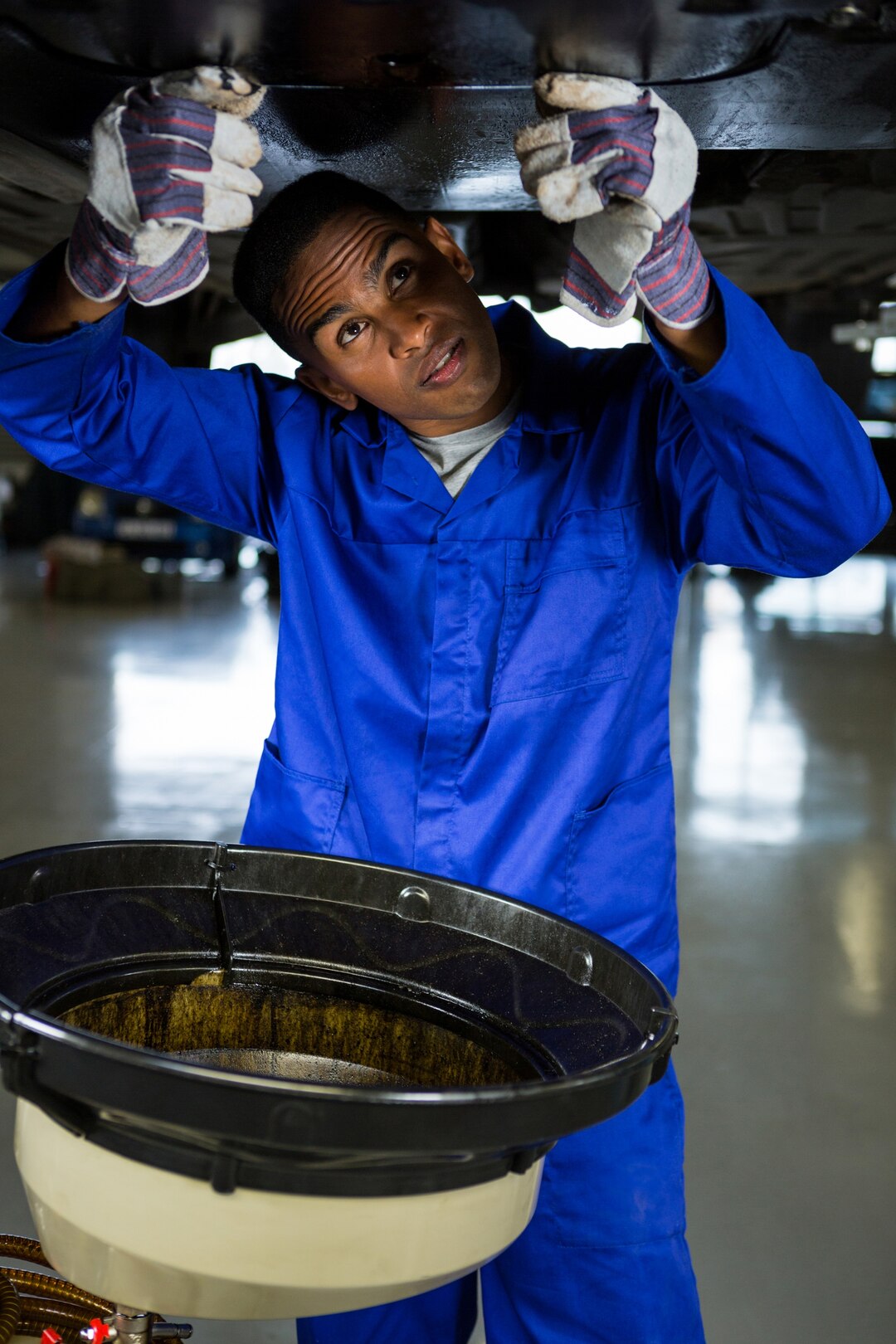Your car’s fuel tank is a critical component of its fuel system, responsible for storing and supplying fuel to the engine. Over time, wear and tear, corrosion, or damage can compromise the integrity of the fuel tank, leading to potential safety hazards and performance issues. Recognizing the signs that your car’s fuel tank needs replacement is crucial for maintaining safety and ensuring proper vehicle operation. Here are ten key indicators to watch for:
1. Fuel Leaks:
One of the most obvious signs that your fuel tank needs replacement is the presence of fuel leaks underneath the vehicle. Leaking fuel can pose a fire hazard and should be addressed immediately. If you notice a strong smell of gasoline or notice fuel puddles forming under your car, it’s essential to have the fuel tank inspected and replaced if necessary.
2. Visible Rust or Corrosion:
Inspect the exterior of the fuel tank for signs of rust, corrosion, or damage. Rust spots or corrosion can weaken the tank’s structure and lead to leaks or other issues over time. If you notice significant rust or corrosion on the fuel tank, it may be time for a replacement to prevent further deterioration.
3. Deterioration of Fuel Tank Straps:
The fuel tank is typically secured to the vehicle’s chassis using metal straps or brackets. Over time, these straps can corrode, weaken, or break, leading to instability and potential damage to the fuel tank. If you notice signs of deterioration or damage to the fuel tank straps, it’s essential to have them replaced along with the fuel tank itself.
4. Reduced Fuel Efficiency:
A sudden decrease in fuel efficiency or an increase in fuel consumption could indicate a problem with the fuel tank. A damaged or malfunctioning fuel tank can lead to fuel leaks or improper fuel delivery, resulting in poor fuel economy. If you notice a significant drop in fuel efficiency, it’s worth having the fuel tank inspected for any issues.
5. Difficulty Starting the Engine:
Problems with the fuel tank can affect the fuel delivery system, leading to difficulty starting the engine or engine stalling. If you experience frequent starting issues or the engine stalls unexpectedly, it’s possible that the fuel tank or related components may need attention.
6. Fuel Odors Inside the Vehicle:
In addition to fuel leaks underneath the vehicle, you may also notice fuel odors inside the car’s cabin. This could indicate a leak or damage to the fuel tank, fuel lines, or other components of the fuel system. Fuel odors inside the vehicle should be addressed promptly to prevent potential safety hazards.
7. Check Engine Light Illuminated:
A malfunctioning fuel tank or fuel system component can trigger the vehicle’s onboard diagnostic system, causing the check engine light to illuminate. If the check engine light comes on, it’s essential to have the vehicle diagnosed by a qualified mechanic to identify any underlying issues, including potential fuel tank problems.
8. Fuel Tank Deformation or Bulging:
Inspect the fuel tank for any signs of deformation, bulging, or damage. Damage to the fuel tank can compromise its structural integrity and lead to leaks or other issues. If you notice any abnormalities in the shape or appearance of the fuel tank, it’s advisable to have it inspected and replaced if necessary.
9. Excessive Noise from the Fuel Tank Area:
Unusual noises, such as rattling, banging, or sloshing sounds coming from the fuel tank area, could indicate loose components, internal damage, or contamination inside the fuel tank. If you hear any unusual noises emanating from the fuel tank, have it inspected by a professional to determine the cause.
10. Age and Mileage of the Vehicle:
As vehicles age and accumulate mileage, components such as the fuel tank may deteriorate or become worn out over time. If your car is approaching high mileage or is several years old, it’s worth considering a fuel tank inspection as part of routine maintenance to ensure its continued reliability and safety.
The fuel tank is a critical component of your vehicle’s fuel system, and signs of damage or deterioration should not be ignored. By recognizing the signs that your car’s fuel tank needs replacement and addressing any issues promptly, you can maintain safety, reliability, and performance on the road. If you notice any of the aforementioned signs or symptoms, it’s essential to have your fuel tank inspected by a qualified mechanic and replaced if necessary to ensure the continued safe operation of your vehicle.











